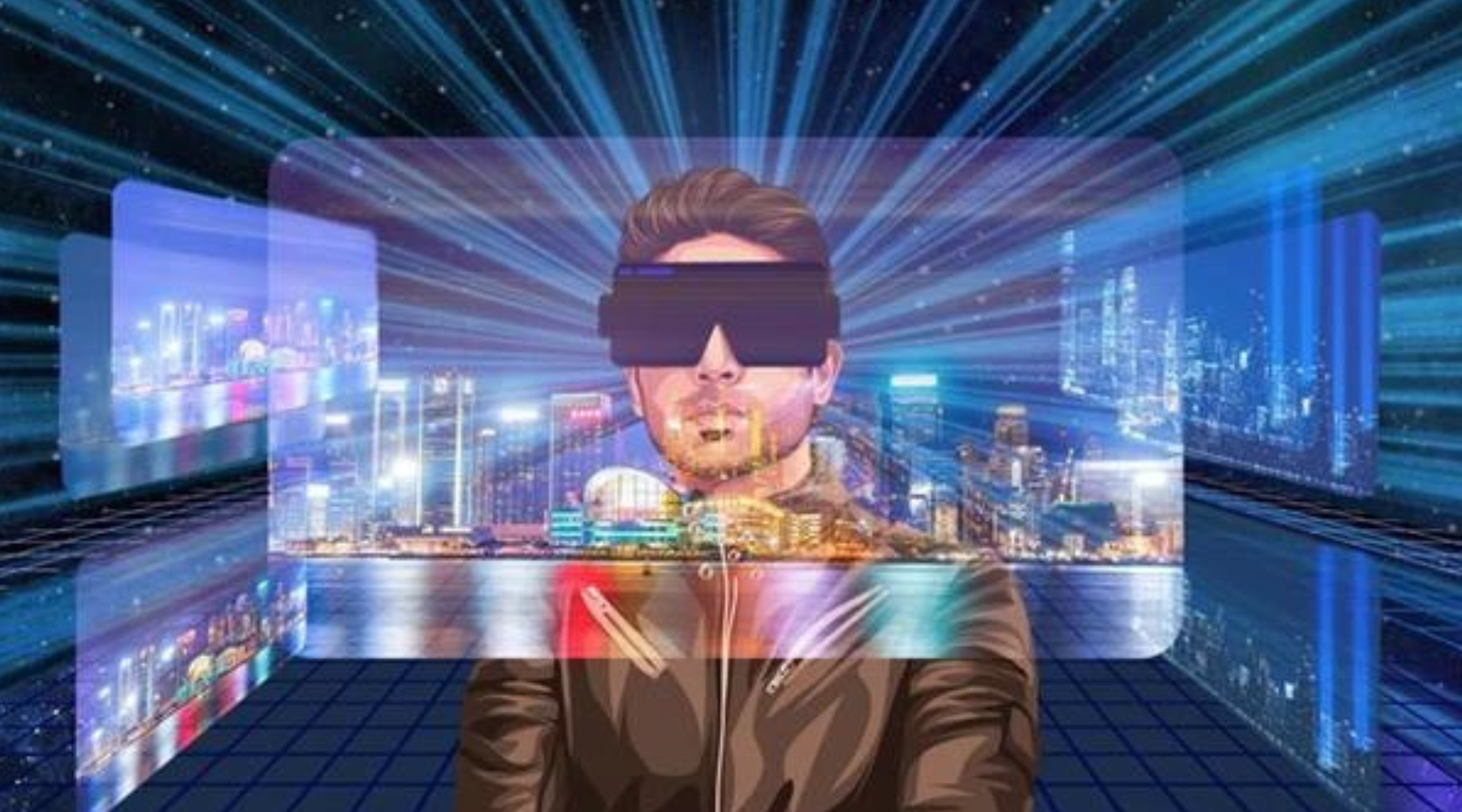We hear about it more every day. A new buzzword in how we're going to absorb content and interact with one another. Even using it as a way of escapism and a place to be anything. This is, of course, known as the Metaverse.
Yet what is it exactly? And what stage are we currently at? Regardless it is here to stay, and it will be something that will continue to change how we pretty much do everything.
What is the Metaverse?
It is a play on words in relation to a virtual reality environment that we're able to fully interact with. It could be to go on a jog in a medieval forest, teach students around the world, or even have daily meetings with colleagues. There are limitless universes, and we'll be able to build and shape them as we please.
New cultures will be born, various new economies, and a better way to help us keep connected to each other than with tools that currently exist.
The actual potential is also endless, and it feels like something out of a science fiction film. Yet, with each advancement in data capacity, and virtual reality equipment, we get one step closer to turning this science fiction into fact.
Why is the Metaverse important?
One of the major issues in our world today is access. Access to technology, education, healthcare, and opportunities. When the Metaverse fully comes upon us, it will help eliminate these barriers. It will also allow anyone with power and the internet access to this digital universe. This will enable global unity on an unparalleled scale. In the process, supporting a natural uplift of numerous local, national, and regional communities.
It will bring with it numerous efficiencies. These include one within the workplace as we no longer need to be in physical office locations that consume extensive amounts of energy.
In addition, as mentioned earlier, there will be different economies within the Metaverse. A unified e-commerce site per se, with digital storefronts accessible with the swipe of a hand.
What are the current tech items that exist for the Metaverse?
The current most advanced technologies we have at this moment to experience the Metaverse is augmented reality and virtual reality. These both support visual representation of the existing world around us. Augmented reality is primarily powered through the use of smartphones. When looking through the phones, we see a completely different world.
With virtual reality, we help to have a visual and audio representation with the latest VR headsets. These allow spatial awareness and immersion into this digital multiverse. In addition, constant technical upgrades are happening to help with haptic suits and realistic controllers. These are all with the mindset of whole interaction within these worlds that are created.
So how does Cryptocurrency fit in?
When it comes to the security aspect of it, we find ourselves looking mainly at blockchain technologies as the primary source. Yes, the more specifically digital currency known as cryptocurrency. The underlying technology of blockchain helps to manage trust less, secure transactions between users. This allows for seamless transactions eventually to be scalable within the Metaverse.
Although cryptocurrency is still in its infancy in its current form, it has made real advances. In recent years, there's been the development of smart contracts for digital items to be protected through something known as NFTs or Non-fungible tokens.
For example, a recent phenomenon of providing ownership rights to certain data items, primarily images, is a precursor to how we'll be able to transact and have a value assigned to these types of things.
Data Management
A final aspect that is much more commonplace in the technology sector is data management. This comes in two primary dimensions. The first aspect is about the sheer amount of data we can handle and produce daily.
In less than a decade, we've transitioned from text-based data sharing to full-blown video sharing, creating quintillions of bytes per day. The Metaverse itself will need a lot more, and new technology is always on the horizon to accept more storage faster and run processes and analyse the data.
The other component is how this data is stored, which is becoming largely on the cloud. This removes the need for onsite physical servers and is a big precursor to connecting all the necessary data points and users that would start to 'plug in' and partake in what the Metaverse has to offer.
With major corporations now fully dedicating themselves to the technical advancement and exploration of the overall potential of what the Metaverse has to offer, it’s a good idea to stay tuned.





